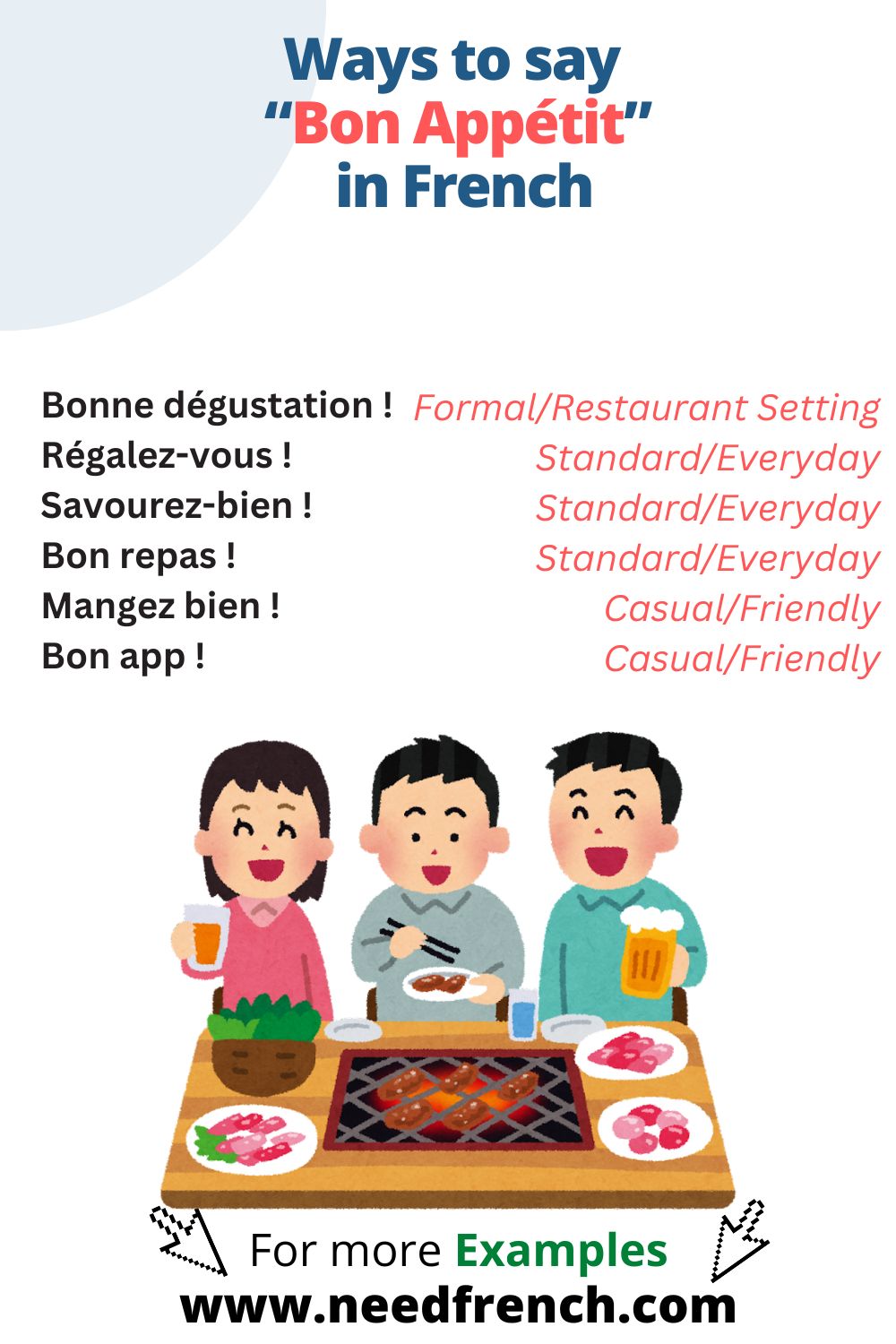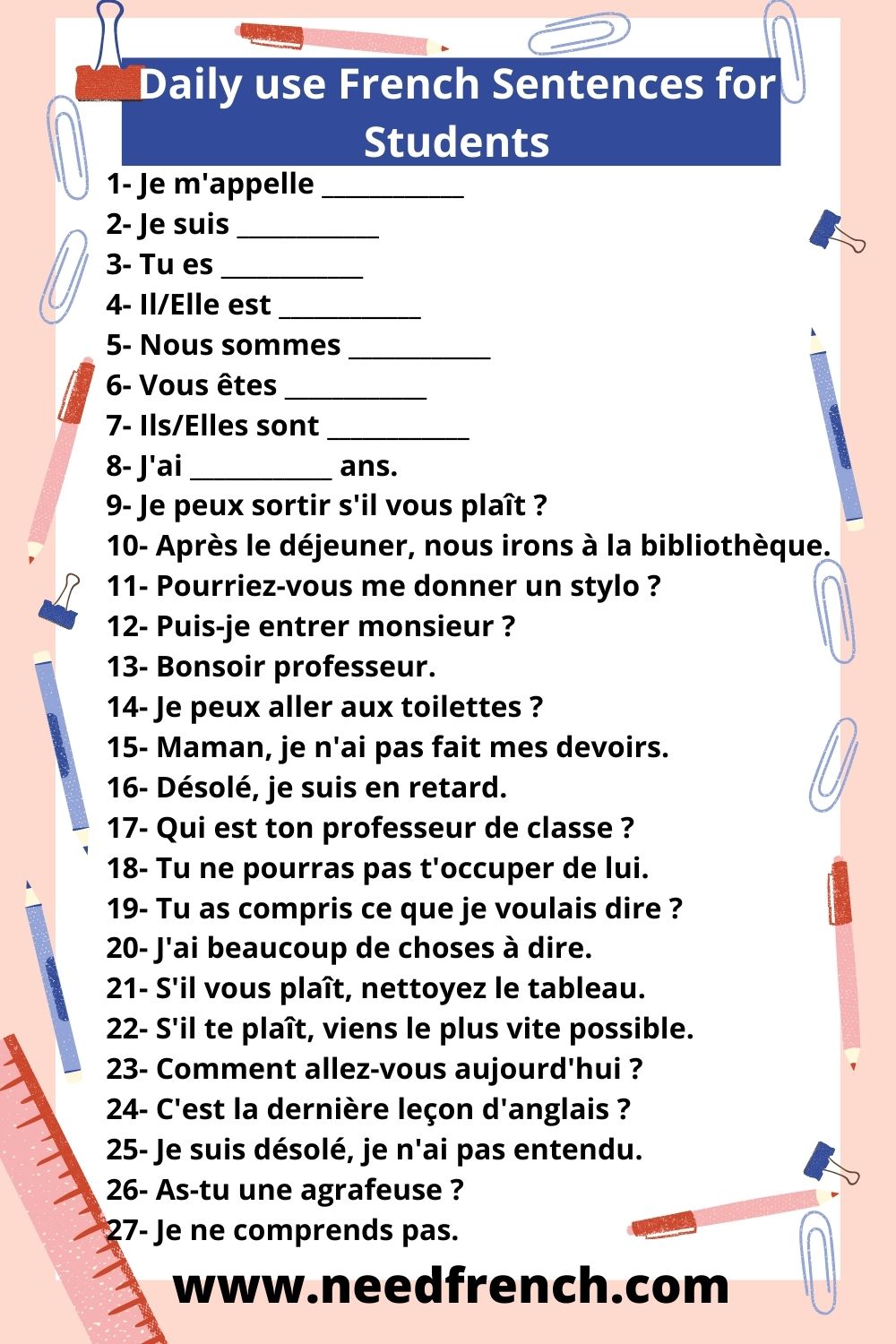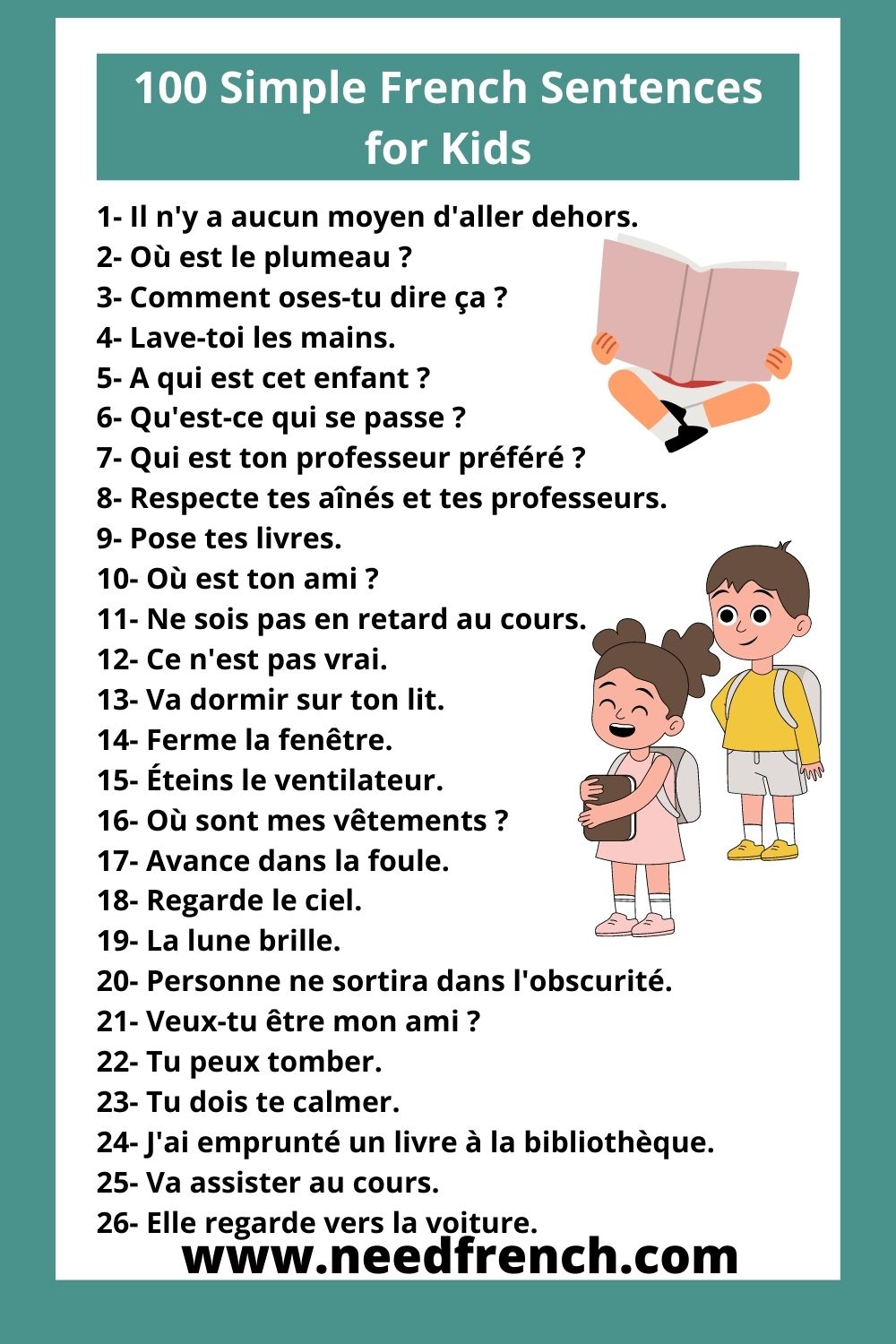The phrase “bon appétit” is famously French and used worldwide, but French speakers have many more expressions to wish someone a good meal. Knowing these alternatives will help you sound more natural and adapt to different dining situations.
Table of Contents
ToggleExpressions by Formality Level
Formal/Restaurant Setting
1. Bonne dégustation !
Pronunciation: /bɔn degystasjɔ̃/ (bon day-goo-stah-see-on)
- Elegant expression used in fine dining
- Literally means “Good tasting!”
- Example situation: A chef or sommelier presenting a special dish or wine
2. Je vous souhaite un bon appétit
Pronunciation: /ʒə vu swɛt œ̃ bɔn apeti/ (zhuh voo swet uhn bon ah-pay-tee)
- Very formal, full expression
- Used in upscale restaurants or formal dinners
- Example situation: A formal dinner host addressing guests
Standard/Everyday
3. Bon appétit !
Pronunciation: /bɔn apeti/ (bon ah-pay-tee)
- The classic, universal expression
- Appropriate in virtually all contexts
- Example situation: Starting any meal with family, friends, or colleagues
4. Régalez-vous !
Pronunciation: /ʁegalevus/ (ray-gah-lay-voo)
- Warm, inviting expression
- Means “Treat yourself!” or “Enjoy your feast!”
- Example situation: A host serving a home-cooked meal
5. Savourez bien !
Pronunciation: /savuʁe bjɛ̃/ (sah-voo-ray byan)
- Encourages mindful eating
- Means “Savor it well!”
- Example situation: Serving a special dish that deserves attention
6. Bon repas !
Pronunciation: /bɔ̃ ʁəpa/ (bon ruh-pah)
- Simple, direct expression
- Means “Good meal!”
- Example situation: Casual lunch with colleagues
Casual/Friendly
7. Mangez bien !
Pronunciation: /mɑ̃ʒe bjɛ̃/ (mahn-zhay byan)
- Casual, friendly expression
- Literally “Eat well!”
- Example situation: Family dinner or casual gathering
8. Bon app !
Pronunciation: /bɔn ap/ (bon app)
- Short, informal version of “bon appétit”
- Very common among friends and family
- Example situation: Quick lunch with friends















